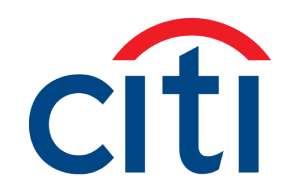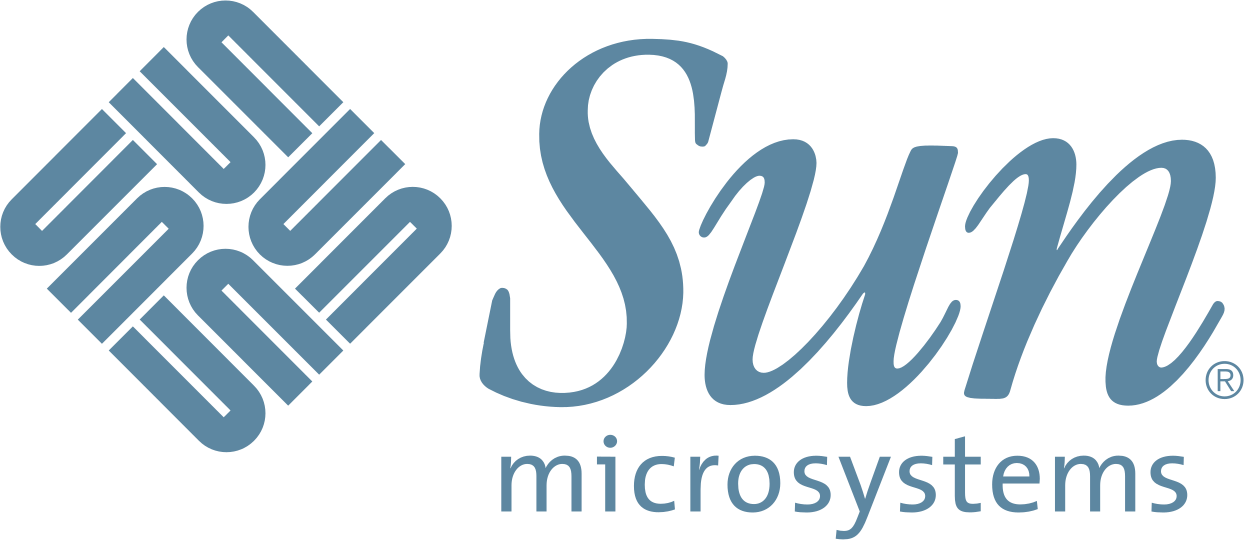Are We Trying Too Hard to Look Disruptive?
Finding Mature, Useful Innovations in a Driven, Frantic World
Every aspiring entrepreneur wants to change the world. We often feel inspired by business icons, worshipping them like heroes, and given their example, we tend to paint unrealistic portraits of entrepreneurial success. But have we really been inspired to improve human lives, or are we just chasing personal glory?
We live in a world of fierce competition, with businesses striving to outperform rivals, individuals competing against each other in every possible sphere and many who even compete with themselves. Media indoctrinates us with this mentality from a very young age, and once it takes hold, it doesn’t leave without causing serious damage. That’s how a disease operates, and I do see this mentality as a disease. I call it “business icon anorexia.” People fall prey to eating disorders in part because they are bombarded with unrealistic images of human bodies. A similar phenomenon undermines the well-being of many in today’s startup scene, as they constantly compare their achievements to the extraordinary success of the world’s most admired business icons.
The Next Big Thing
Aspiring entrepreneurs dream of becoming the next Steve Jobs, Steve Wozniak, Bill Gates, Mark Zuckerberg, Larry Page or Sergey Brin. Every new startup founder wants to change the world. There’s intense pressure to make it big, and make it big very early. Media fuels the fire with their frequent adulatory profiles of successful entrepreneurs under the age of 30. Making a name for yourself while still young is the holy grail.
It’s no surprise then that those who haven’t yet made it are haunted by anxiety. Any insecurity they may have is exacerbated by consuming media that constantly glorifies the unique traits of the world’s most successful business leaders and innovators—traits that most of us just don’t have.
To move beyond this problem, we have to ask, what is it that the young men and women of today really seek? Lately, we hear the word disruptive everywhere. Every startup claims to be working on “disruptive” products or services. You can’t help but wonder what disruptive really means. Does it mean bringing something unique to society that can change the way we live, improve the human experience and contribute to the growth of civilization? Or is it a euphemism for anything “cool” and cutting edge enough to bring young entrepreneurs heaps of recognition?
What Inspires You to Create?
Many of us have been deeply inspired by Apple cofounder Steve Jobs. He created one of corporate history’s most successful and iconic brands. Apple has disrupted many industries with legendary products such as the Apple II, Macintosh, iPhone, iPad and iPod. Many credit Apple with reinventing personal computing, music, retail, mobile computing, and lately, photography.
But it seems a lot has changed since the early days of Apple. Lately, disruption seems to be measured by venture capital and Wall Street speculations rather than technology innovation. Ninety percent of startups fail, mostly because the products they make are not desirable. How is it that 9 out of 10 startups create products or services that consumers are not willing to adopt? Yes, some minority of the ideas that never gained traction were actually very useful, but many more are so ridiculous that you wonder why someone would waste time making it or expect anyone to use it.
Early Harvesting vs. Mature Innovations
Harvesting ideas too early is one common way products fail. This results in premature products of questionable value rather than mature and useful innovations. There are tremendous opportunities out there today, and the new startup culture is an ideal breeding ground for innovation. But often there is no long-term vision behind what are typically incremental, rebundled offerings.
Most applications are a direct result of the hurried culture we live in today, manifesting in prematurely harvested ideas leveraged for the quick launch of incremental products. In reality, these products are not much better than what we already have, but are nonetheless brought to market by companies aspiring to be the next big startup. As a result of the obsession with achieving early success, startups seem to create products with the primary goal of bringing them to market as soon as possible, rather than nurturing and developing their ideas to provide something substantially different and truly useful.
If we can free ourselves from undermining social pressures and truly understand what it takes to create life-changing products, we surely have some amazing things coming our way. I remember watching a documentary on Apple’s early days, when Steve Jobs was still in his late 20s. He talked about rethinking, reimagining, reiterating and refining things. On being asked about his views on young entrepreneurs selling their companies early, he asked, why would you sell something you really believe in? If you have a good idea, you would nurture it to turn it into something amazing for people to use.
This short video summarizes this view perfectly.
The Disruption We Truly Need
Although there are many innovative companies that succeed in developing revolutionary, life-changing products, without a measured approach to building useful software, the trend of releasing premature products will continue to grow in the majority of startups. Unrealistic pressures ultimately undermine most attempts to create products that bring about meaningful change, but the truth is, disruptive technology does not have to change the world overnight—it need only be something that triggers a positive change. Being disruptive is ultimately about impact and reach, not profits. In fact, the very notion of finding a new way of doing something is inherently disruptive. Aspiring entrepreneurs are undoubtedly rich in new ideas, but unless we change the way we nurture and develop those ideas, they will never have more than an incremental impact.
































